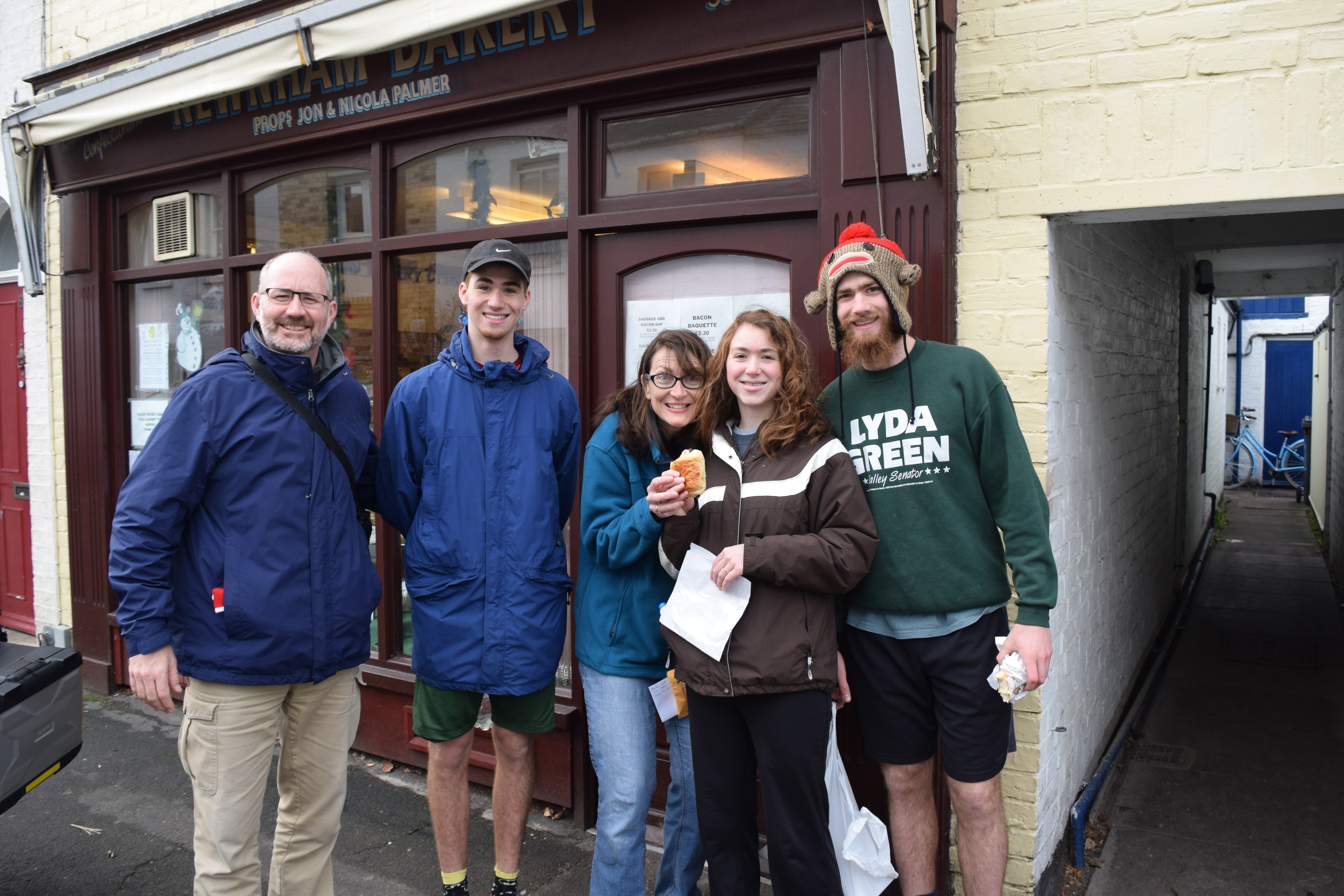
Augustine, Theistic Evolution, and Creation

Augustine is nothing if not fascinating. Over the years, various folks (theistic evolutionists among them), have turned to Augustine. Most of us would like to have Augustine "on our side," if possible. As I work on my own Augustine book, I have attempted to explore some of these issues. In an interesting turn, Etienne Gilson somewhat turns the tables on the attempt to bring Augustine to the defense of Darwinism (unnamed). Here is what Gilson writes:
Concerning Augustine's notion of "seminal reasons" (which for Augustine permeate/mark all of created order): "Far from being called upon to explain the appearance of something new, as would be the case with creative evolution, they serve to prove that whatever appears to be new is really not so, and that in spite of appearances, it is still true that God 'created all things simultaneously' (creavit omnia simul). This is the reason why seminal reasons, instead of leading to a transformist hypothesis, are constantly called upon by Augustine to account for the stability of species."
Gilson goes on:
"The element from which the seminal reasons are made have their own nature and efficacy, and this is the reason why a grain of wheat produces wheat rather than beans, or a man begets a man and not an animal of another species. The seminal reasons are principles of stability rather than of change." (Gilson, The Christian Philosophy of Augustine 207).
- Details
- Written by Brad Green Brad Green
- Category: Recommended Reading Recommended Reading
- Published: 29 December 2016 29 December 2016
- Hits: 3241 3241
Christmas in Cambridge
Christmas in Cambridge (2016). On Christmas eve morn we went to the local bakery in Newnham, and enjoyed some goodies. A real blessing to be in Cambridge at Christmas.
- Details
- Written by Brad Green Brad Green
- Category: Recommended Reading Recommended Reading
- Published: 29 December 2016 29 December 2016
- Hits: 3715 3715
Gilson, Augustine, Crowded House, Creation, Temptation
Reading Etienne Gilson has been extremely helpful. And reading Augustine has been a blessing. My love for Augustine has increased, but also has my love for the Evangelical faith. I have simultaneously appreciated Augustine, and grown--I hope--in my appreciation for what it means to be a Protestant. The following quotation from Gilson I put here mainly just so I do not lose it. He is here writing on the nature of creation in Augustine. What is helpful, I think, is that in a Christian doctrine of creation God is not simply creating "stuff." He is doing that, but not simply that. He is creating a world which is structured, ordered, and designed a certain way, and with certain purposes. I suspect these insights are ones which Christians need desperately today. We live in a world in which there are deep and fundamental structures which we kick against at our own peril.
I was also reminded of this while listening to a Crowded House song, "Into Temptation." I really could not believe what I was hearing. Some of Crowded House's ringleader Neil Finn's insights and wording are startlingly insightful. In the melancholy song about temptation Finn sings that in giving into temptation, one does so "knowing full well the earth will rebel." He continues to describe the person walking into temptation: "safe in the wide open arms of hell." The song rings true and perhaps is a lamentation and song of regret. It can be heard and viewed here. How insightful: "the earth will rebel." We do in fact live in a world which is ordered and structured. When we rebel, we are not simply rebelling against abstract "law" which--we might think--is haphazardly given to us. We are rebelling against the very structures of a morally ordered world. Morally ordered by a good God who has created a good world.
I am not here taking sides whether Augustine's understanding of "matter" and "form" need to be affirmed. But Gilson's summary here is helpful, at least to me:
"He [God] gives being to a matter which tends to nothingness because of its formlessness alone, while in so far as He speaks (dixit Deus, fiat), i.e. in so far as He creates as the Word, God impresses, as it were a movement upon matter whereby it turns towards Him, and this movement in turn is but an imitation of the Word's eternal adherence to the Father." (Gilson, The Christian Philosophy of Saint Augustine, 205).
So, for Gilson Augustine teaches that when God creates the world, God "impresses" upon matter in such a way that the world--as created matter--inherently, inextricably, is ordered to God. And tantalizingly, Gilson goes on to say that this aspect of the world whereby it is ordered to God is a type of reflection or echo or imitation of the Son's love for the Father. Provocative. Our world is a marked world, an ordered world. We kick against the order and truth of things to our own peril.
- Details
- Written by Brad Green Brad Green
- Category: Recommended Reading Recommended Reading
- Published: 22 December 2016 22 December 2016
- Hits: 3057 3057
Augustine Can Be Witty
I just had to post this, if for no other reason than to make sure and remember it, and maybe give someone a laugh.
In Augustine's Nature and Grace, Augustine critiques Pelagius at length. Well into the book (47.55), Augustine says of something Pelagius wrote:
"Either I do not understand what he is saying, or he doesn't." Nice.
- Details
- Written by Brad Green Brad Green
- Category: Recommended Reading Recommended Reading
- Published: 02 December 2016 02 December 2016
- Hits: 3104 3104
